Graduate School
Considerations for Going to Grad School
Timeline (PDF) for Graduate School planning
Greater earning power, career advancement, and enhanced education are just a few strong reasons for pursuing graduate study. An advanced degree can provide you with a competitive edge, potential for promotion, and opportunities to change your career path. Graduate school is also a significant investment of time and resources, and therefore, it is important to determine one’s financial, mental, and emotional readiness before pursuit. Use the information to guide you graduate study exploration, and connect with a career counselor to discuss your unique goals.
Self-reflect on financial, mental, and emotional readiness.
- What subject areas do I want to study and why?
- When will I be most ready to engage in an addition 2-7 years of academics?
- How long will I take to complete this program?
- Will graduate study significantly increase my earning potential?
- What are the costs of attending and how will I fund this endeavor?
- What employers offer tuition assistance?
- What types of scholarships or fellowship are available?
- What potential obstacles do you foresee?
Identify programs that align with your career ambitions.
- Consider credential requirements for prospective career paths.
- Reflect on your desire to pursue programs with focus on original research versus practical application.
- Research background, credentials, areas of expertise, and availability of faculty members.
- Determine geographic location preferences and course formats (i.e. online, on campus, or hybrid).
- Request information on financial aid and scholarship opportunities.
- Identify complete cost of education, including tuition, fees, and cost of living.
- Ask about graduate student benefits such as housing, assistantships, and employment.
- Tour campuses to learn more about available academic resources (library, classroom, technology etc.).
- Review application deadline and requirements.
Graduate school is much more competitive than that of undergraduate study. It is important that candidates develop a strong timeline to stay organized during this lengthy process. Candidates that engage in a year or more of planning may find the process to be less overwhelming and their application to be much stronger. Review the following application overview, and connect with a career counselor to develop an individualized course of action.

